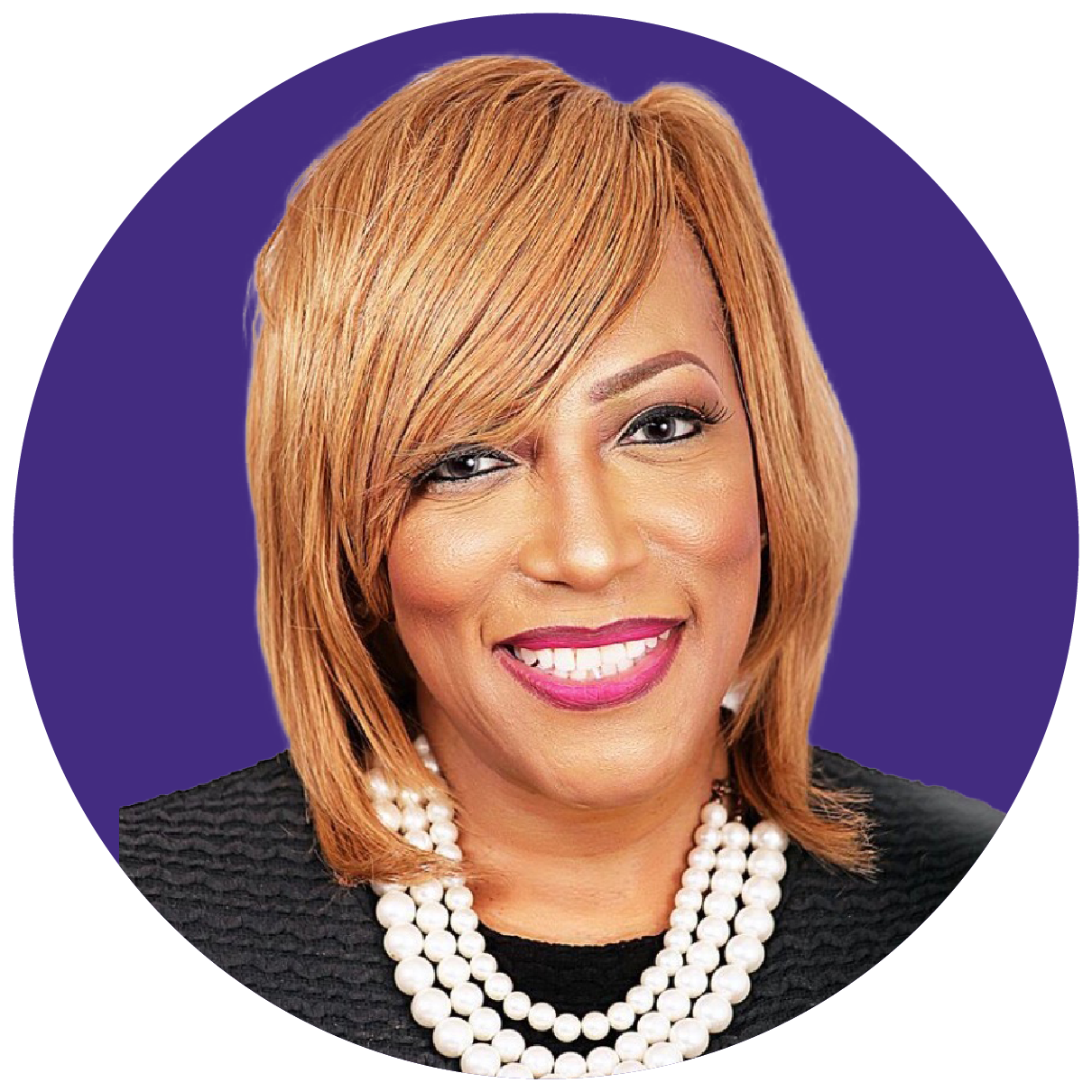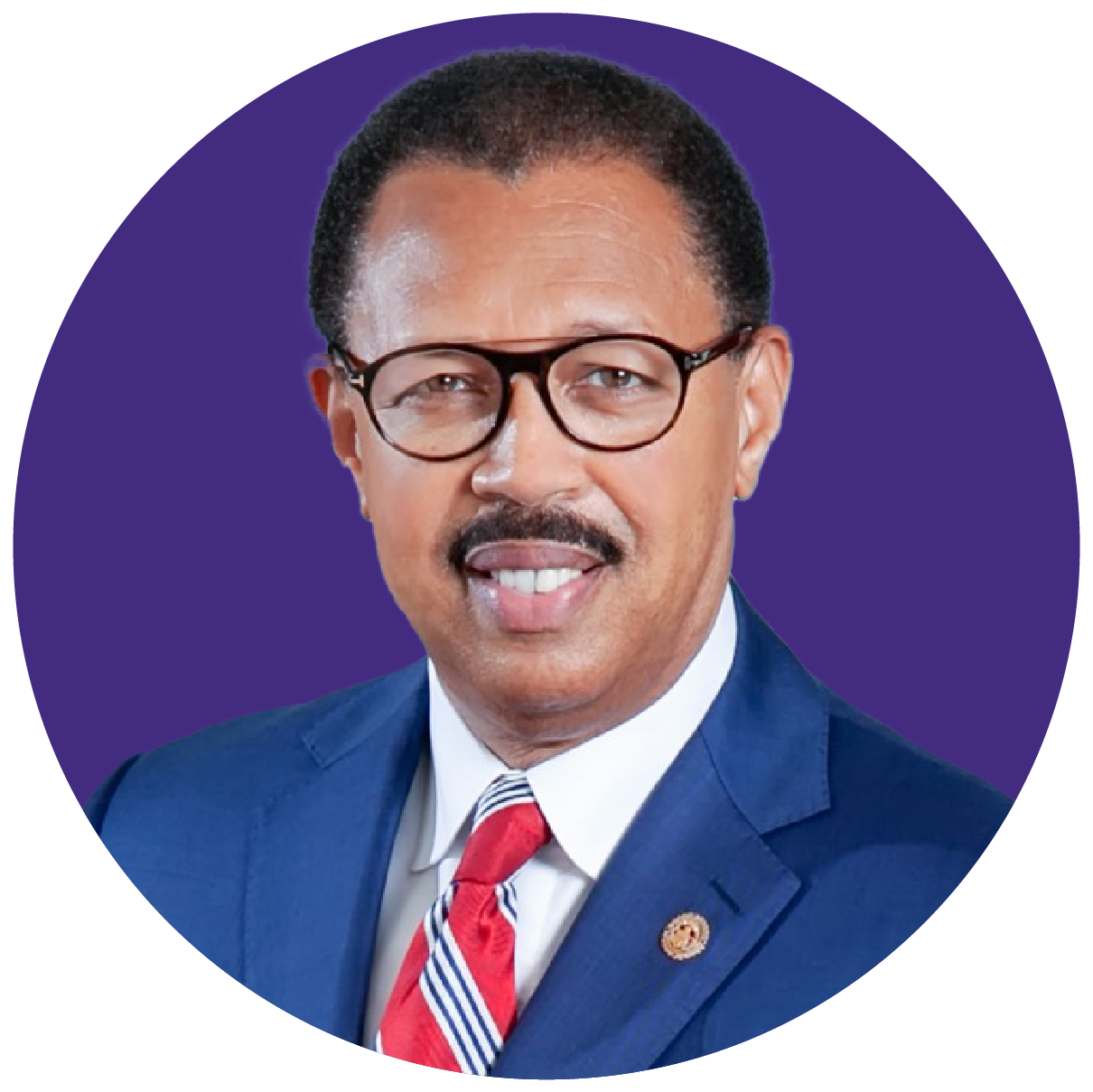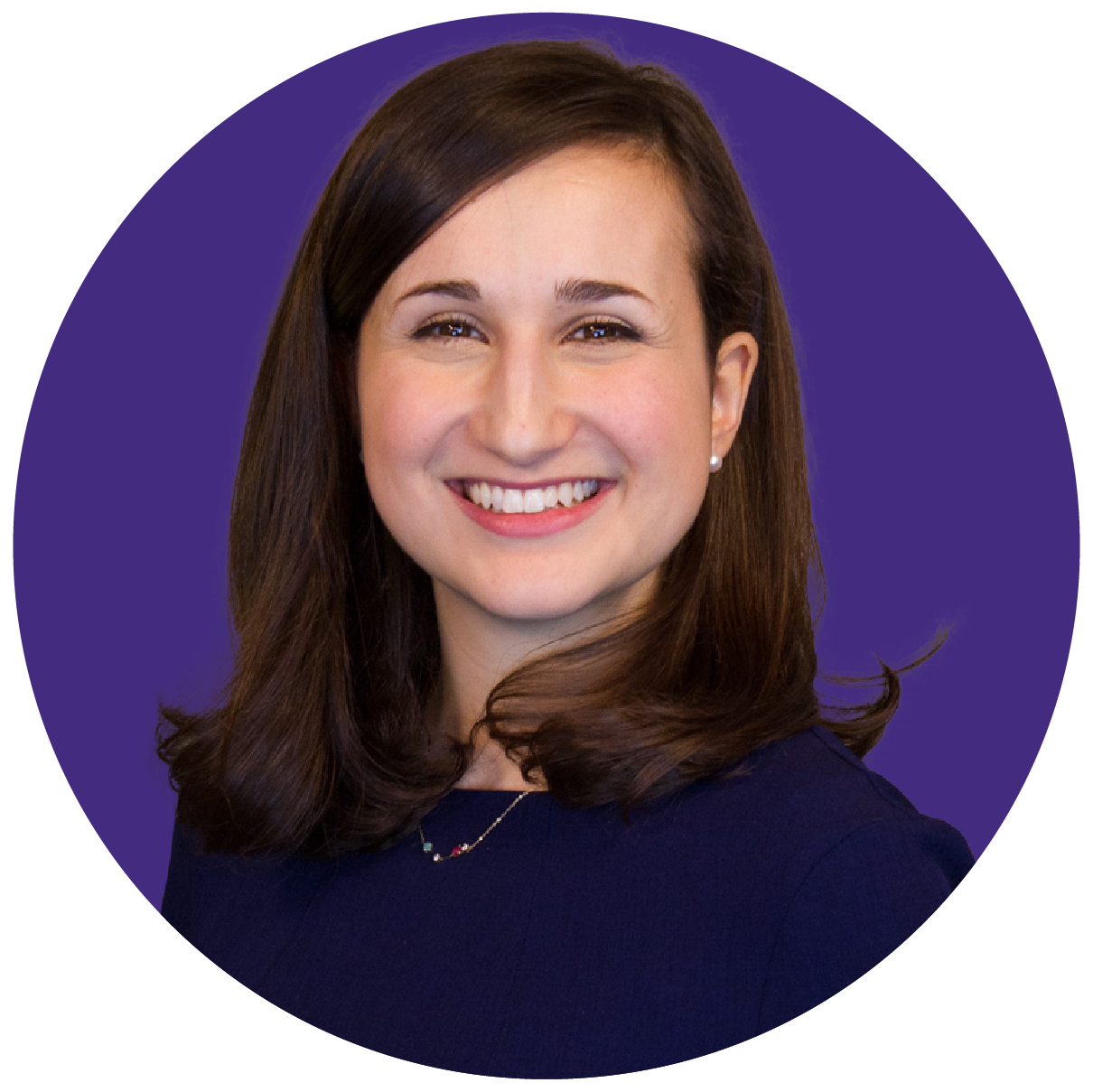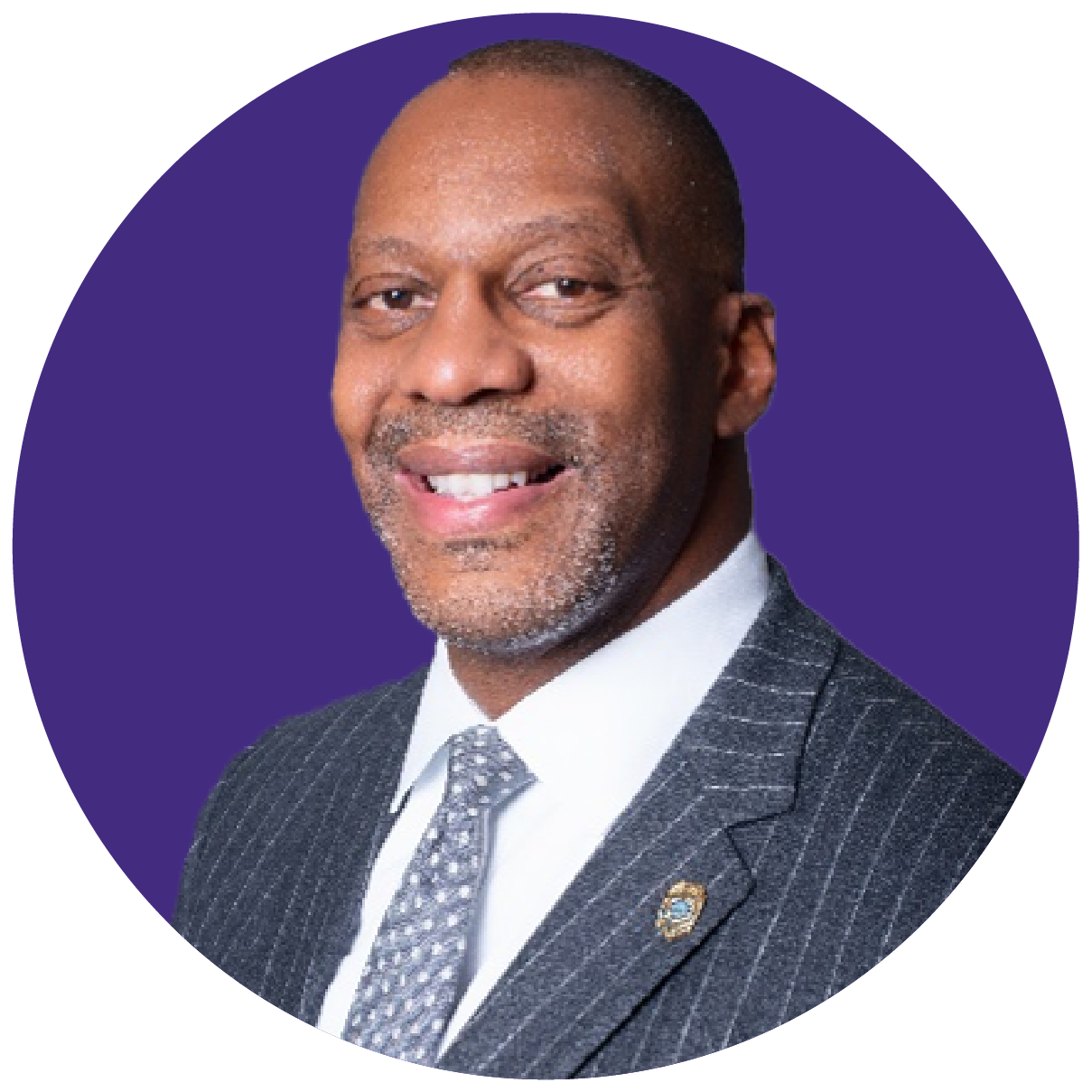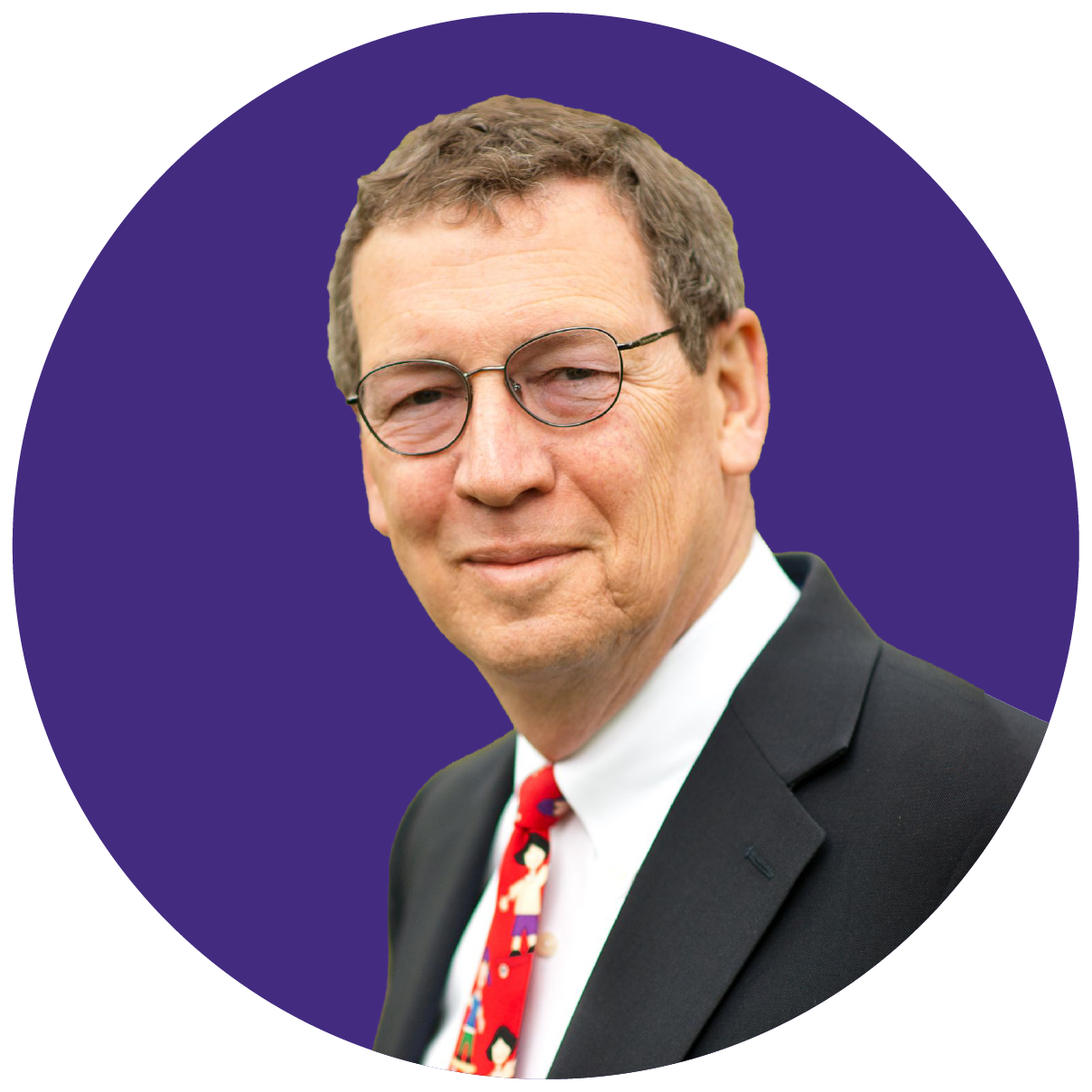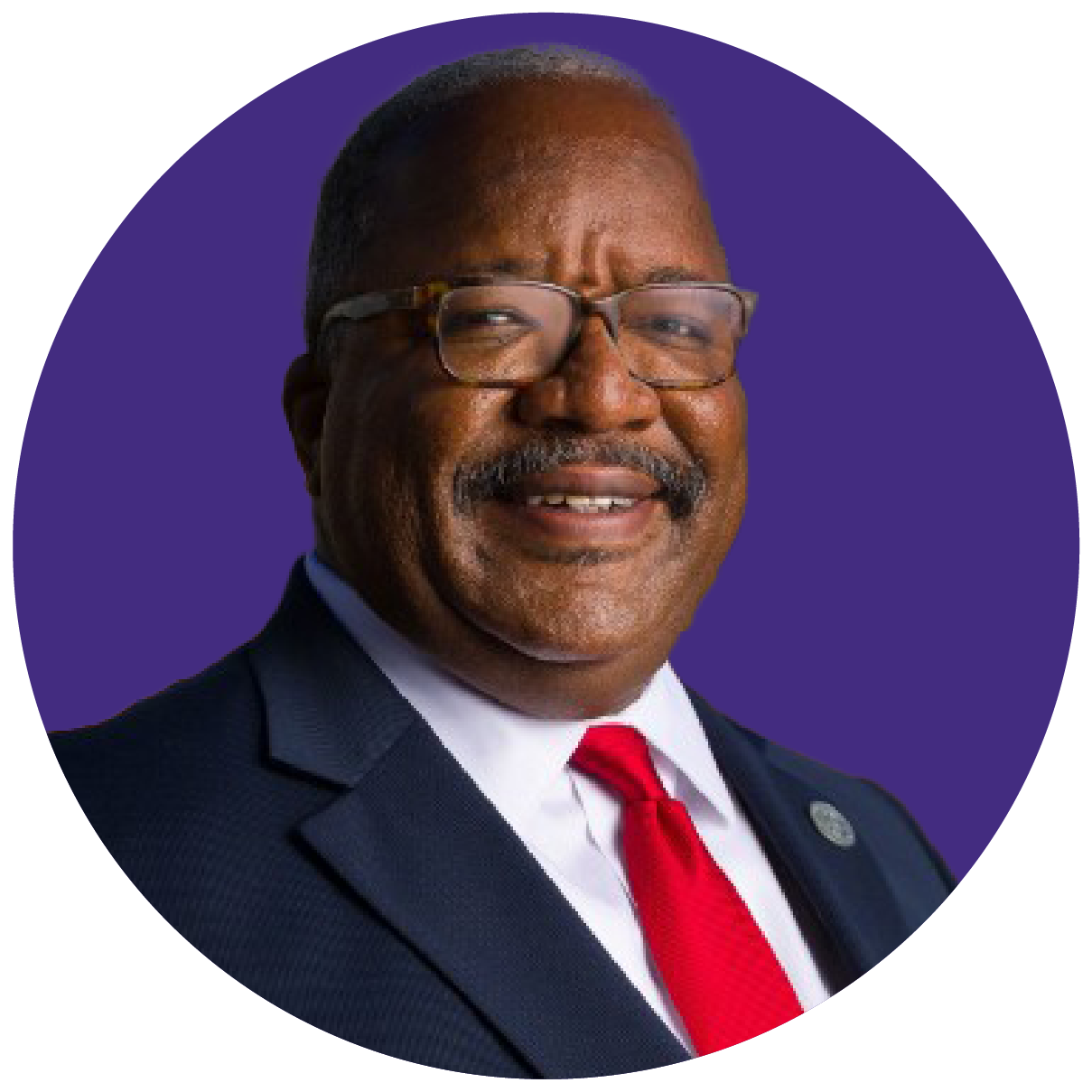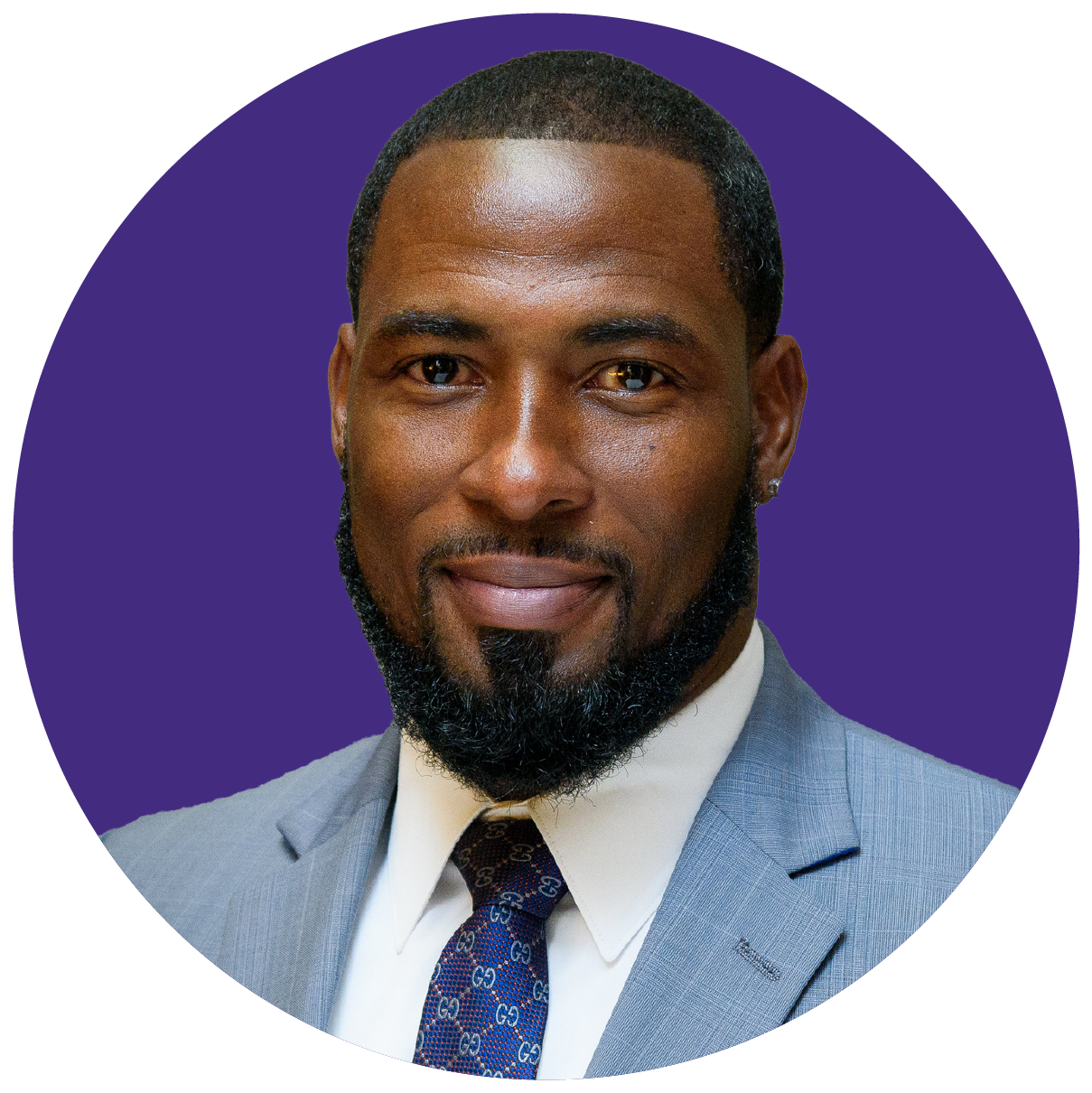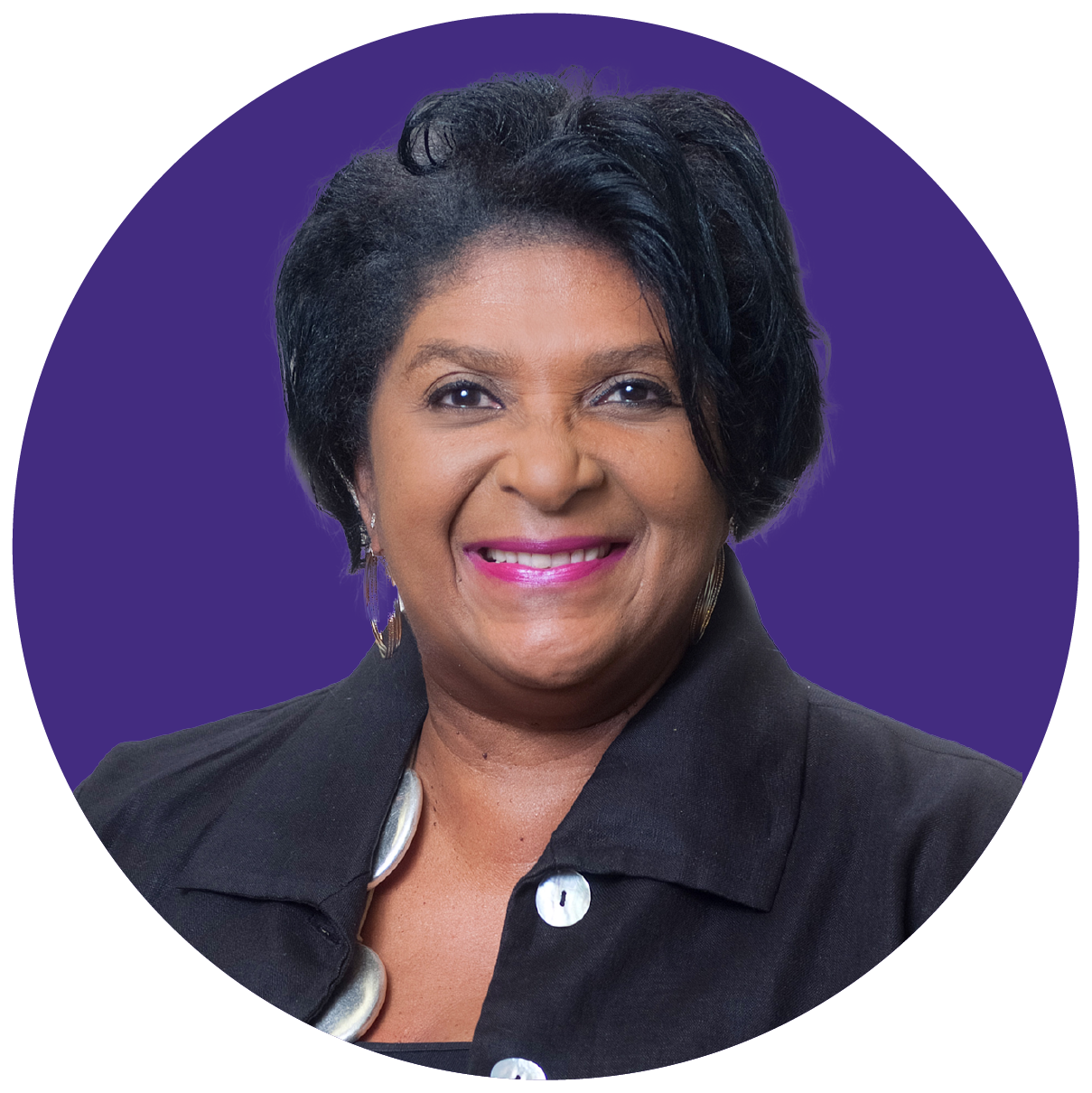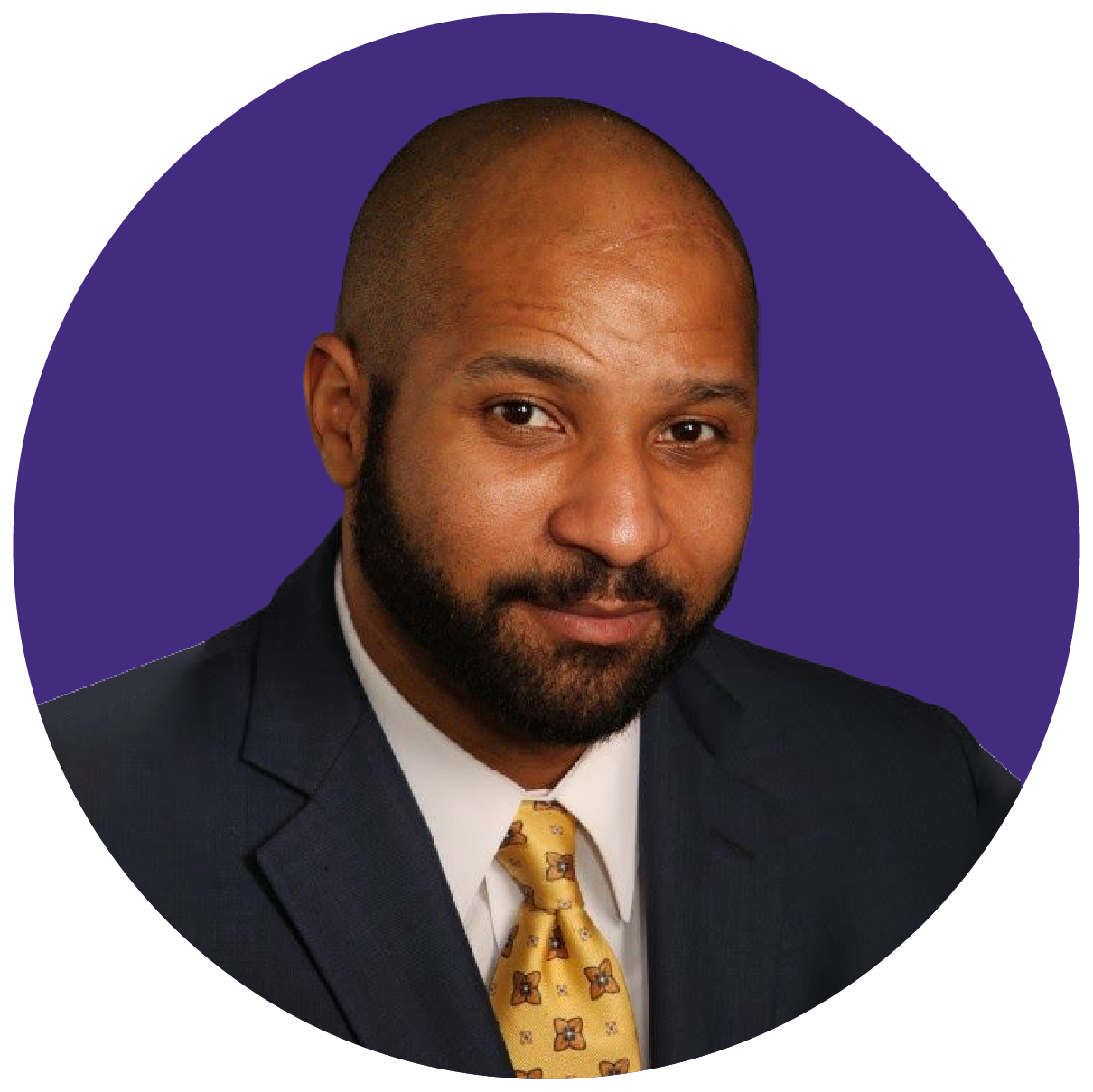Leadership Accelerators and Community Engagement
E Pluribus Unum empowers courageous leaders who are focused on building a more equitable and inclusive South. Research shows that Southerners place significant hope in our local political leadership and especially those who put importance on building more inclusivity. Through a number of leadership accelerators, E Pluribus Unum continues to uplift and invest in those leaders who step up to this important task.
Leadership Accelerators and Community Engagement
E Pluribus Unum empowers courageous leaders who are focused on building a more equitable and inclusive South. Research shows that Southerners place significant hope in our local political leadership and especially those who put importance on building more inclusivity. Through a number of leadership accelerators, E Pluribus Unum continues to uplift and invest in those leaders who step up to this important task.
Ripples of Change
Through UNUM Fellowships, leaders gain or expand upon their understanding of how to address racial and economic equity within communities. Initially focused on elected leaders, EPU expanded the fellowship program in 2022 to include a cohort of college-age youth.
Each UNUM Fellow goes through a learning module with nationally-recognized experts and designs and implements an equity-based capstone project, with funding support from EPU. These cohorts have also become communities in themselves, with new opportunities for learning and collaboration. In 2022, the first cohort of 10 local officials began implementing their equity projects in their communities. Ranging from education and youth leadership to creating public spaces and changing food policy, the projects seek to deliver a more equitable community utilizing the lessons learned during the fellowship. In 2022, our second cohort of state legislators and third cohort of college students also got underway. One of our key modules included a workshop on negotiation from the Harvard Kennedy School Negotiation and Conflict Resolution Collaboratory to help in bringing multiple sides together to get a more equitable policy adopted.
EPU also hosted our first UNUM Fellows convening, bringing together our first two cohorts to listen and learn from their journeys.
Program Highlights
EPU’s Unum Fellows program reaches a variety of leaders from different states, different elected roles, and different levels of experience. However, they have a common thread. Each Unum Fellow shares a strong commitment to equity, their constituents, and improving the South.
2020 Unum Fellows: Local Elected Officials
The 10 local elected officials from our inaugural cohort of Fellows hail from seven different states across the American South. They are mayors, city council members, county commissioners, school board members, and a solicitor. In 2022, the cohort recently completed their capstone equity projects from creating equitable public spaces that promote cross-racial conversations to equity.
Unum Fellow Equity Project Spotlight: Dot Heffron
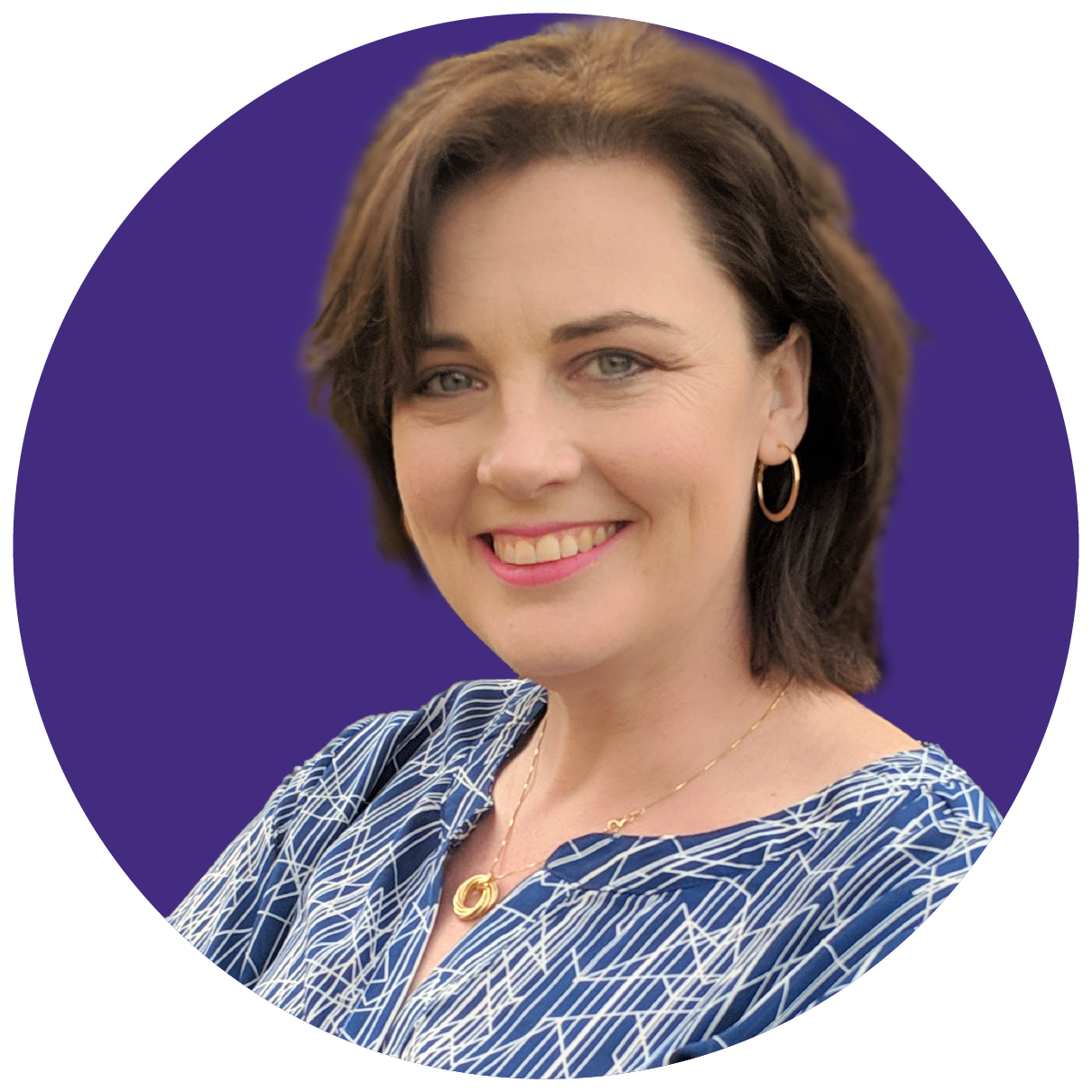
To fulfill the final element of her Unum Fellowship Dot Heffron created the Chesterfield Young Leaders for Change (CYL4C) civic engagement program to increase BIPOC student self-advocacy, BIPOC elected student leadership, and BIPOC engagement in public comment spaces. Ms. Heffron worked with consultants to create a new youth leadership development program with a tailored curriculum designed to foster youth leadership and community pride and build connections between students of color and racial justice advocates. In its first year, the program served over 60 students across three pilot schools.
In 2022, EPU provided additional funding so she is able to expand the program. Second-year students will partner with community members and facilitators to implement the tools and skills they learned through the program to address the issues they identified (e.g., lack of cultural responsiveness in the history curriculum). Heffron is also continuing to gather data to build the case that this program should be a part of the division-wide curriculum, allowing every high school student to access those tools and skills for diploma-earning credit.
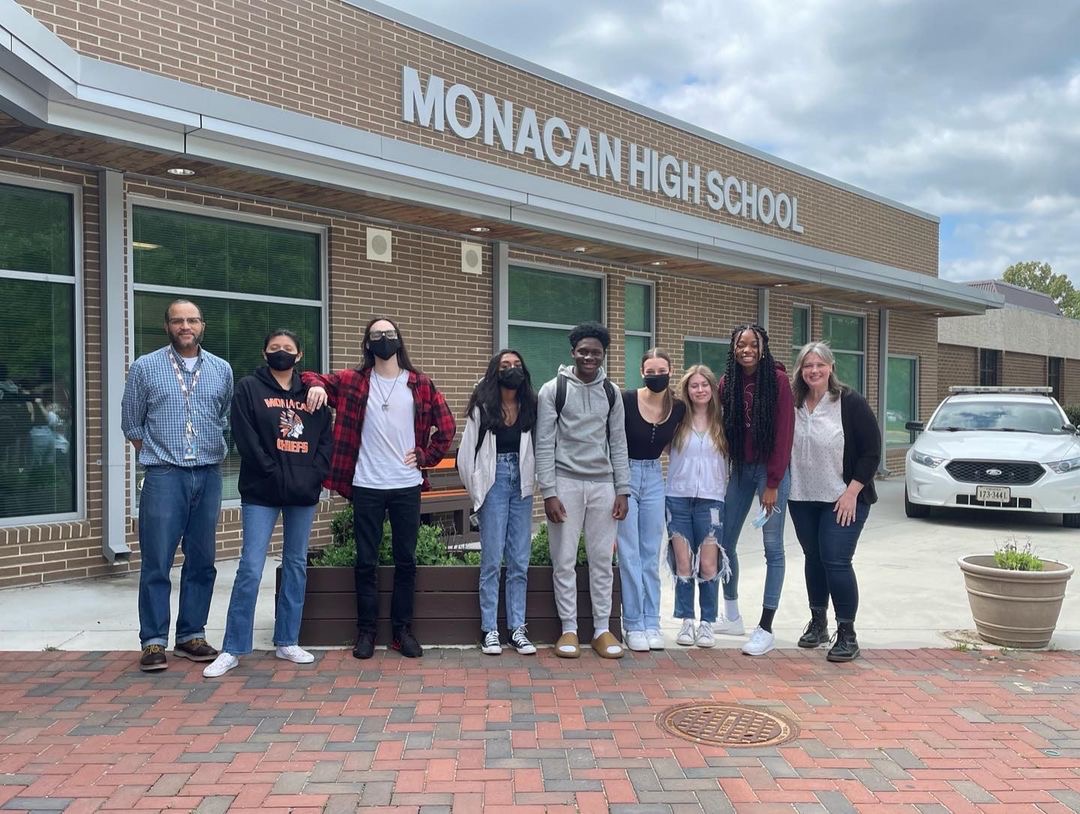
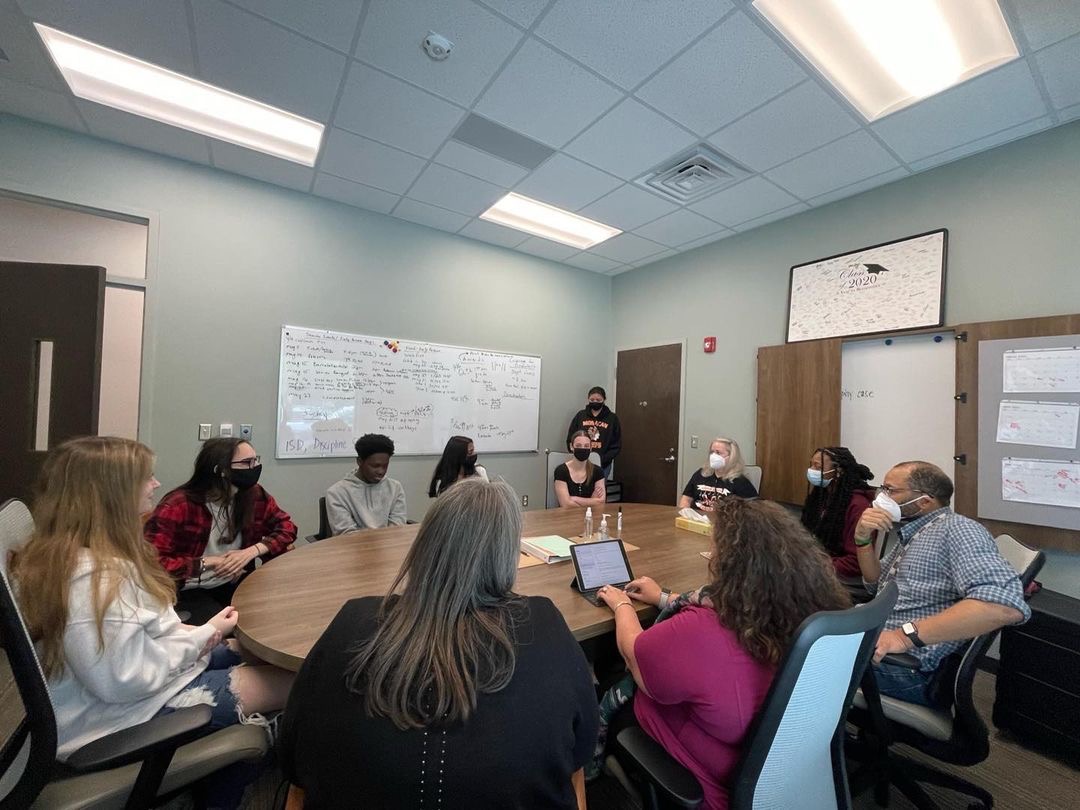
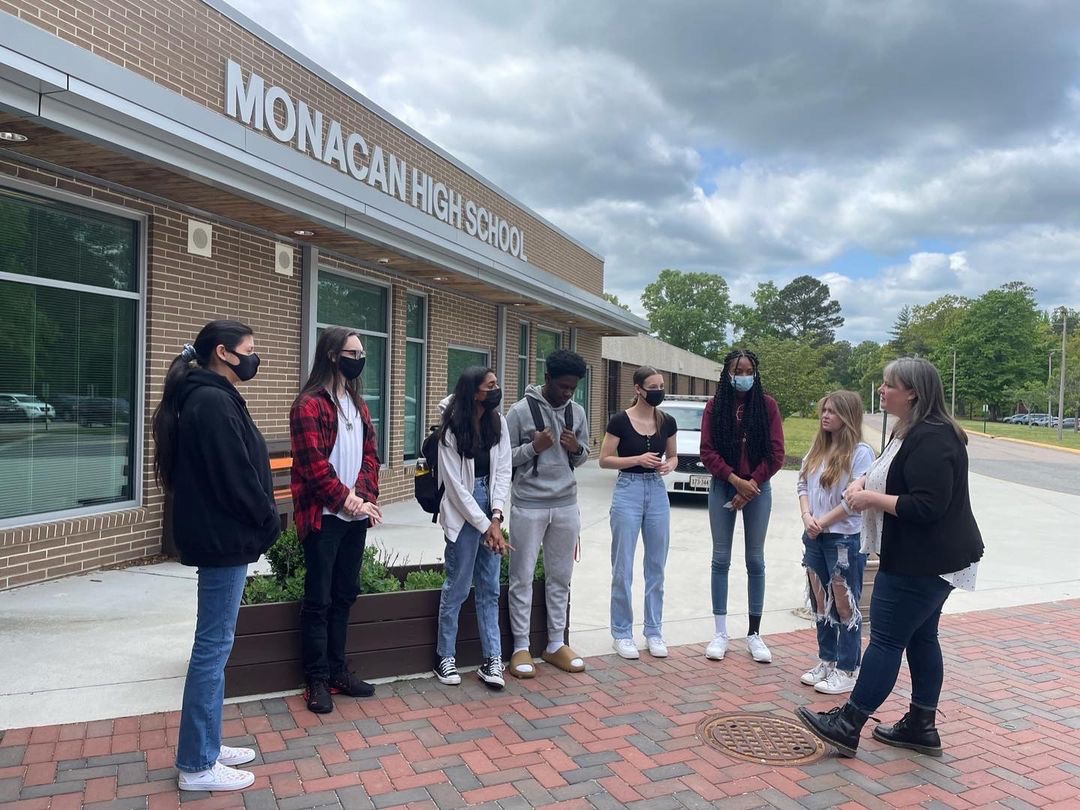
2021 Unum Fellows: State Legislators
In November 2021, EPU announced the second cohort of Unum Fellows. The class of 10 state legislators from six different states in the South represent broad expertise in education, faith ministry, healthcare, business, advocacy, and law. In 2022, they began a year-long program to advance racial and economic equity with EPU providing resources, training, and technical expertise along their journey.
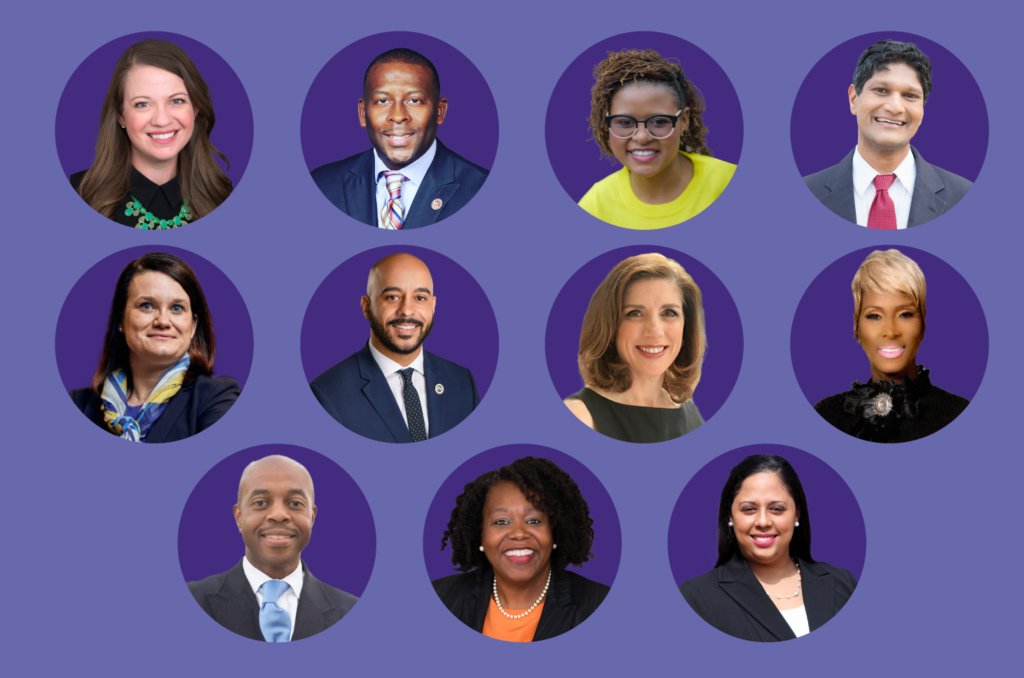
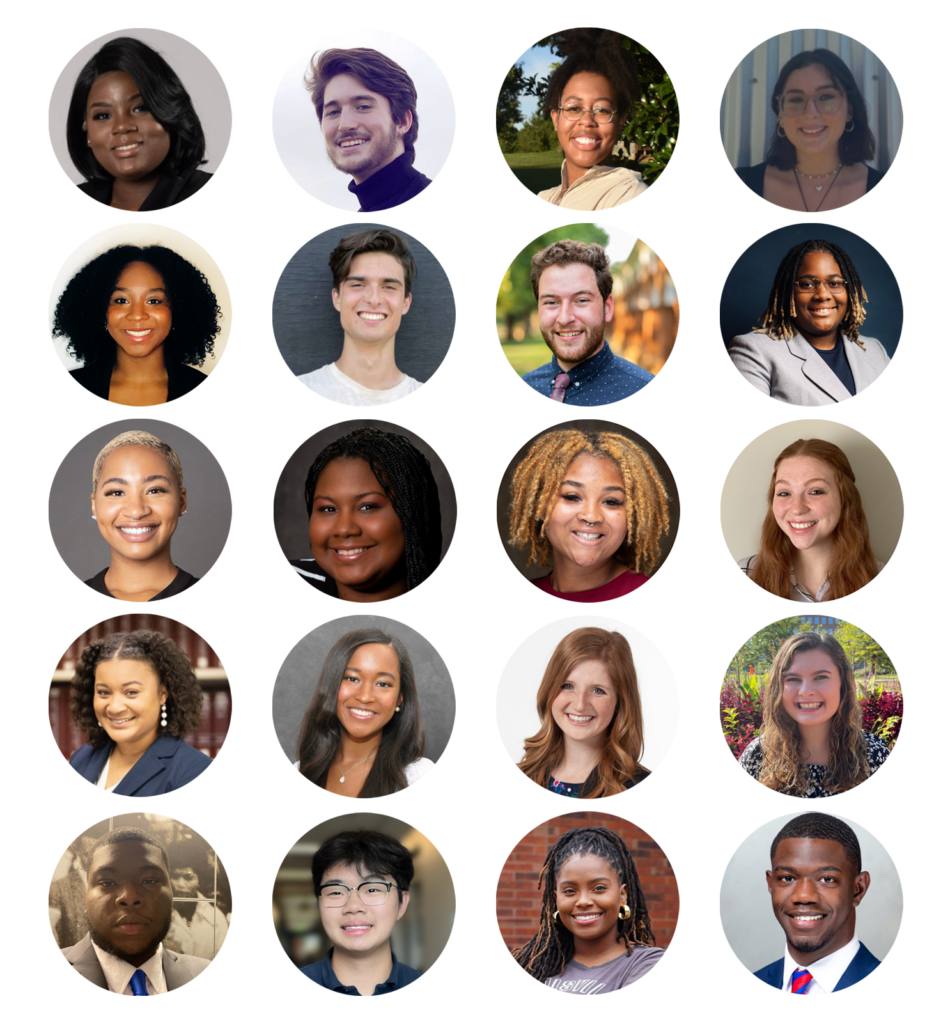
2022 Unum Fellows: Youth
Courageous young leaders have the power to shape our future while breaking down barriers that have long divided us by race and class. In 2022, we launched our new Youth cohort with twenty 18-24-year old college students from sixteen southern colleges and universities. Like the other Fellows cohorts, the program will culminate with a project addressing racial and/or economic disparities on their school campuses or school community.
Unum Academy
In 2022, EPU created the inaugural UNUM Academy leadership accelerator, with eight students from across five states. The Academy supports college students on their personal equity journeys so that they are prepared to take on larger leadership roles on their campuses and in their communities, with a deeper focus on self exploration and building deeper knowledge of equity and specific equity issues. Rather than project support, the Academy experience will culminate in a 200-hour paid summer internship with an equity-focused organization in the EPU network.
Unum Academy
In 2022, EPU created the inaugural UNUM Academy leadership accelerator, with eight students from across five states. The Academy supports college students on their personal equity journeys so that they are prepared to take on larger leadership roles on their campuses and in their communities, with a deeper focus on self exploration and building deeper knowledge of equity and specific equity issues. Rather than project support, the Academy experience will culminate in a 200-hour paid summer internship with an equity-focused organization in the EPU network.
Engagement
EPU traveled to the hometowns of several UNUM Fellows and our non-profit partners in 2022 to view and assist their own equity projects in development. Advancing racial equity requires commitment from both elected leaders and the community, so EPU has begun supporting partners in these communities who will build on the region’s efforts to create a more equitable South. For example:
AArlington, Virginia. We saw how UNUM Fellow and County Commissioner Katie Cristol is bringing an equity lens to how Arlington County distributes its non-profit funding, creating a metric that puts more funding into underrepresented communities and dismantles the engrained historical bias of this giving mechanism.
Columbia, South Carolina. The EPU team met with the faith community and community groups supporting South Carolina’s Solicitor Byron Gipson with his quarterly warrant resolution event designed to help residents safely resolve outstanding warrants and get back on track with their cases.
West Palm Beach, Florida. With Fellow and Mayor Keith James, the EPU team spent time with his Jumpstart Academy, created to expand opportunities for local Black entrepreneurs.
Prairie View, Texas. The EPU team visited Fellow and Mayor Brian Rowland who launched a community garden and farmers market, in anticipation of building a food co-op to expand healthy and fresh food access that sits in the middle of a major agricultural hub but has not a single grocery store.
Birmingham, Alabama. With Fellow and Council President Wardine Alexander, EPU team members saw how she was able to connect Shiloh Baptist Church congregants and neighbors to Lawson State Community College for skills training and then employment through Buffalo Rock Bottling, including a formal agreement that helps residents of this depressed district secure good paying skilled jobs.
Macon, Georgia. With UNUM Fellow Virgil Watkins, the EPU team visited his partners including the leaders of League of Women Voters, the Ruth Hartley Foundation, and The Links, who are working with him to put an equity lens on the county’s budgeting process.
Memphis, Tennessee. With Fellow Willie Brooks, the EPU team was able to attend and document a meeting and presentation of a study committee Commissioner Brooks put together to expand Black entrepreneurship in Shelby County, part of a disparity study for the county that is needed to create a disadvantaged businesses program.
Community Engagement
HBCU Initiative
EPU is working to build sustainable relationships with Historically Black Colleges and Universities (HBCUs) in the South. The partnership is committed to increasing HBCU participation in the internship and fellowship programs and building connections between HBCUs and our partners to further the missions of HBCUs.
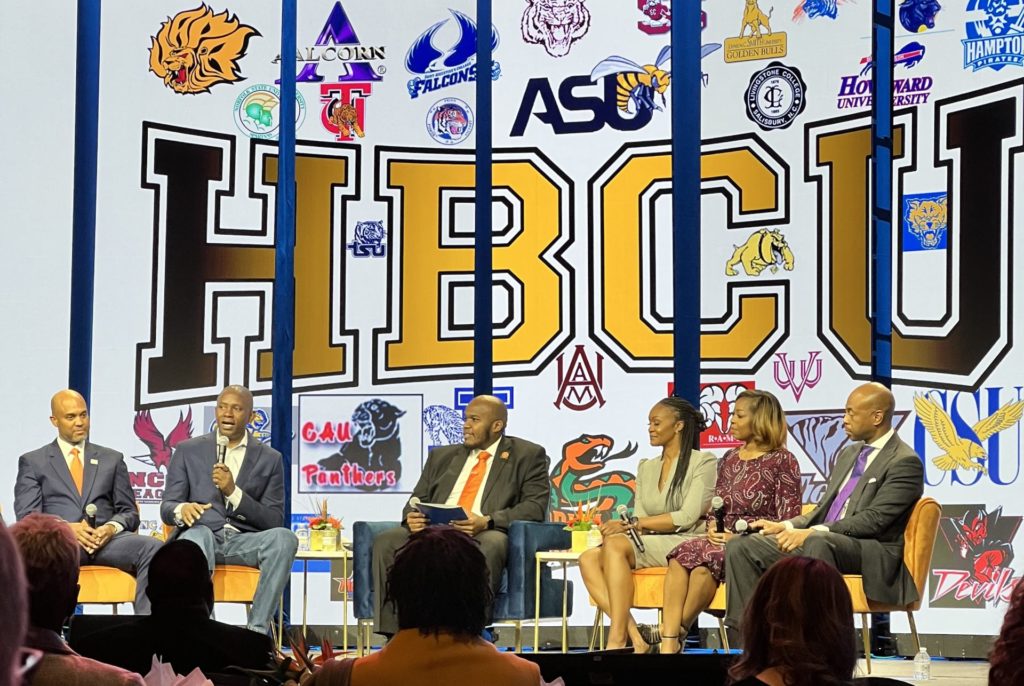
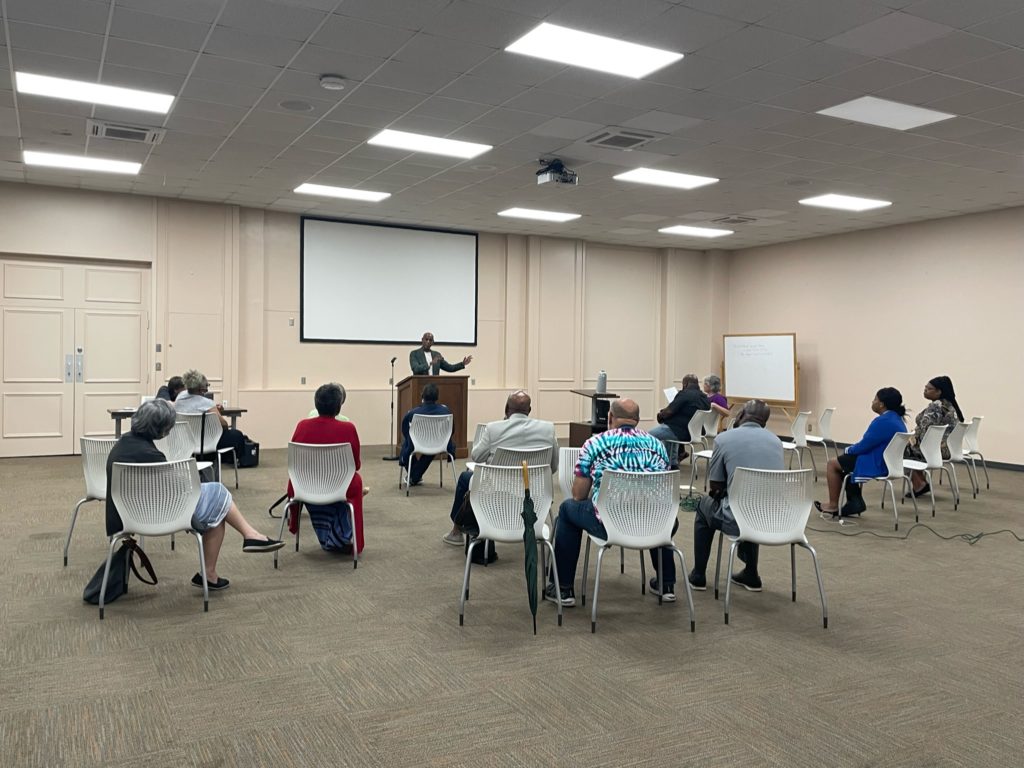
Montgomery
In Montgomery, Alabama, we supported Interfaith Montgomery, a group of clergy and lay leaders of different faiths, in fostering community dialogue around race and equity challenges by hosting public gatherings as part of their “Seeds of Reconciliation” speaker series.
Richmond
In Richmond, Virginia, we worked with the Boys and Girls Club of Metro Richmond to support a team of middle- and high-schoolers creating a podcast to speak out against bullying in schools and encourage other youth to get involved in important social issues.
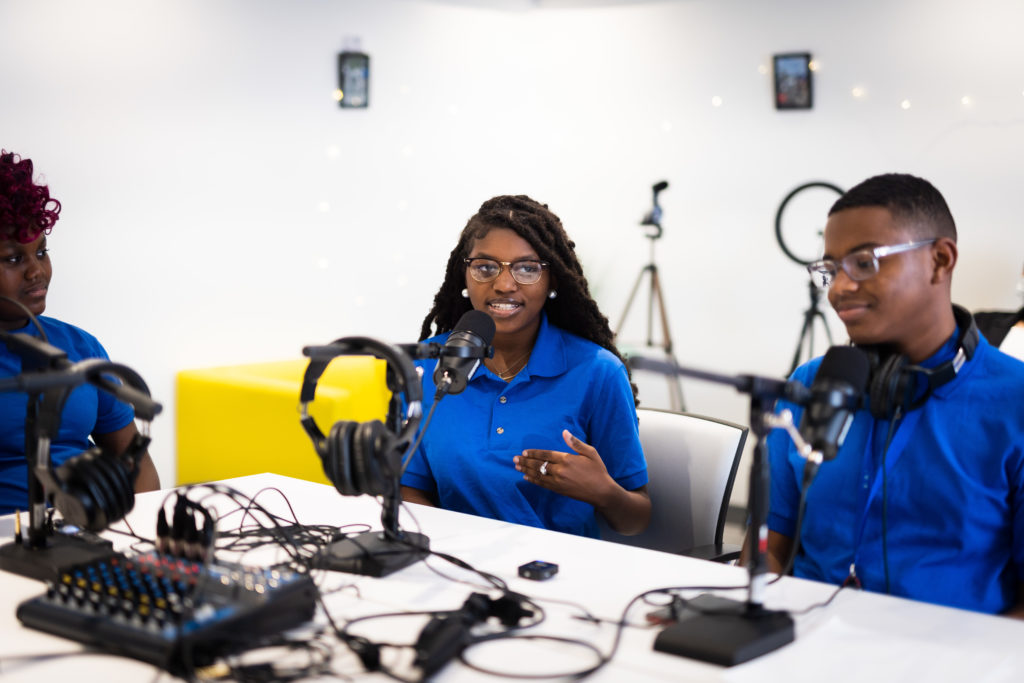
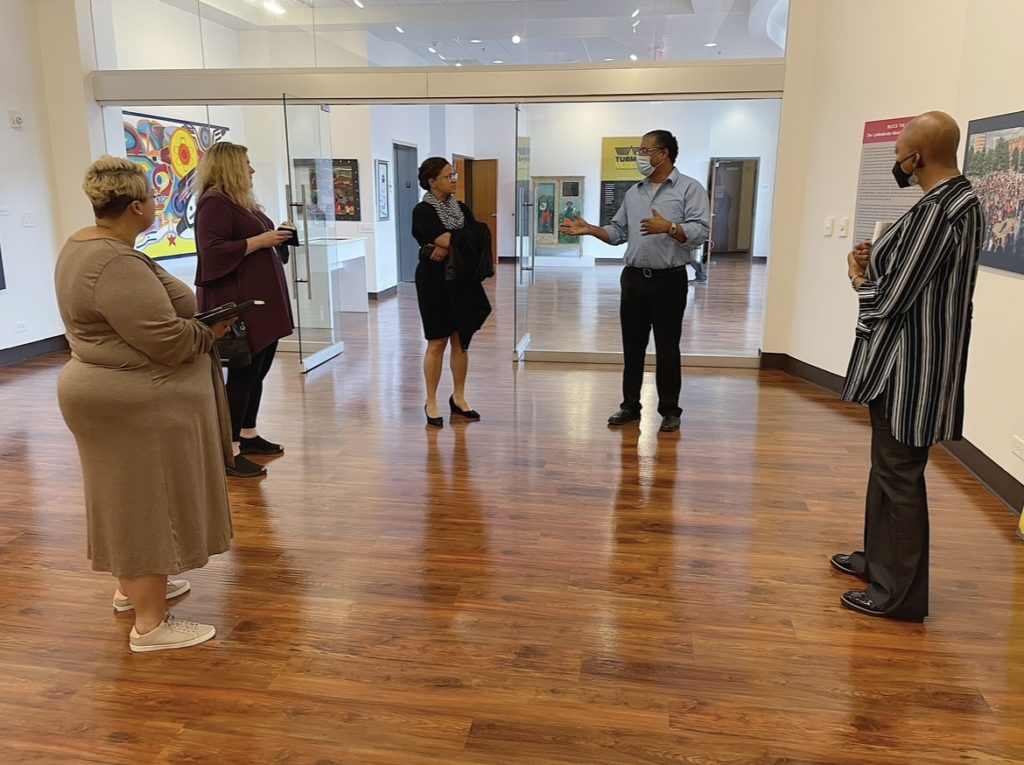
Macon
In Macon, Georgia, we provided support to the team of the newly founded Lane Center for Social and Racial Equity at Wesleyan College, which is working to address the historic role of the college in racist campus practices and change the relationship between the college and broader Macon through increased conversation and community engagement.
Louisville
In Louisville, Kentucky, we worked with Cultivating the Youth Experience, an organization serving K-12 students throughout Jefferson County, to continue their efforts using parent education and advocacy support as the pathway to improved academic and behavioral outcomes for public school students.
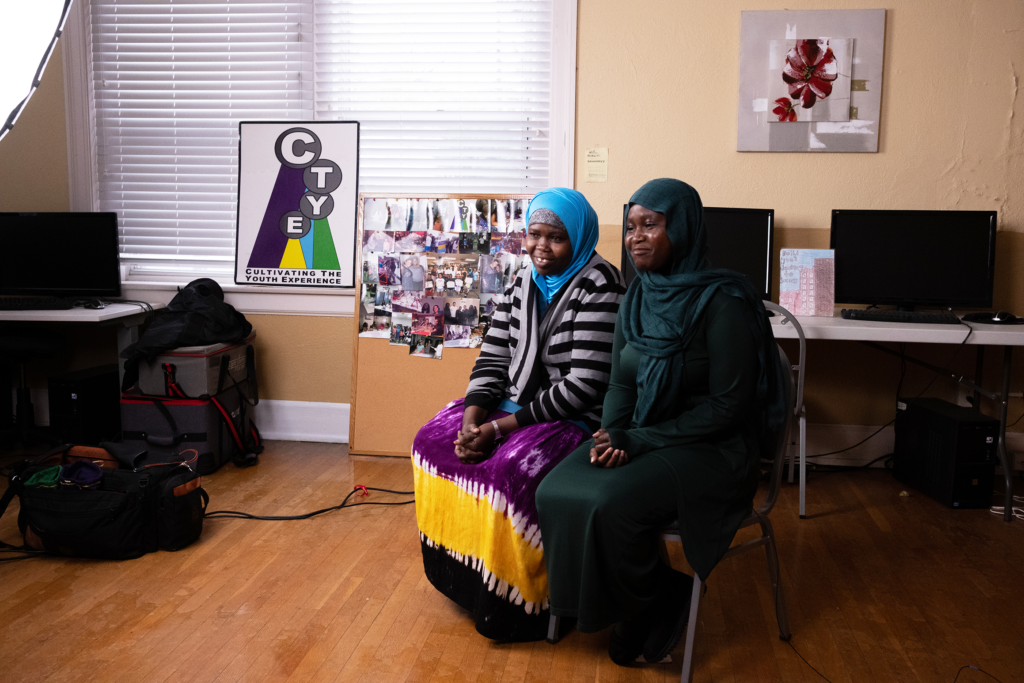
Truth and Healing
In November of 2021, EPU launched an effort to engage around the many Truth and Healing efforts in the South. We believe that our nation needs a reckoning on race in America and that EPU can play a role. But that can only come about through a formal process that seeks to unearth the truths about our past which includes some painful facts about slavery, Native American genocide, and other atrocities. In 2022, the EPU team engaged 35 race and equity organizations focused on truth, healing, or reconciliation. These community-based groups, non-profits, university centers, and city commissions are now engaged with EPU in developing a more formal Truth and Healing process for 2023.

